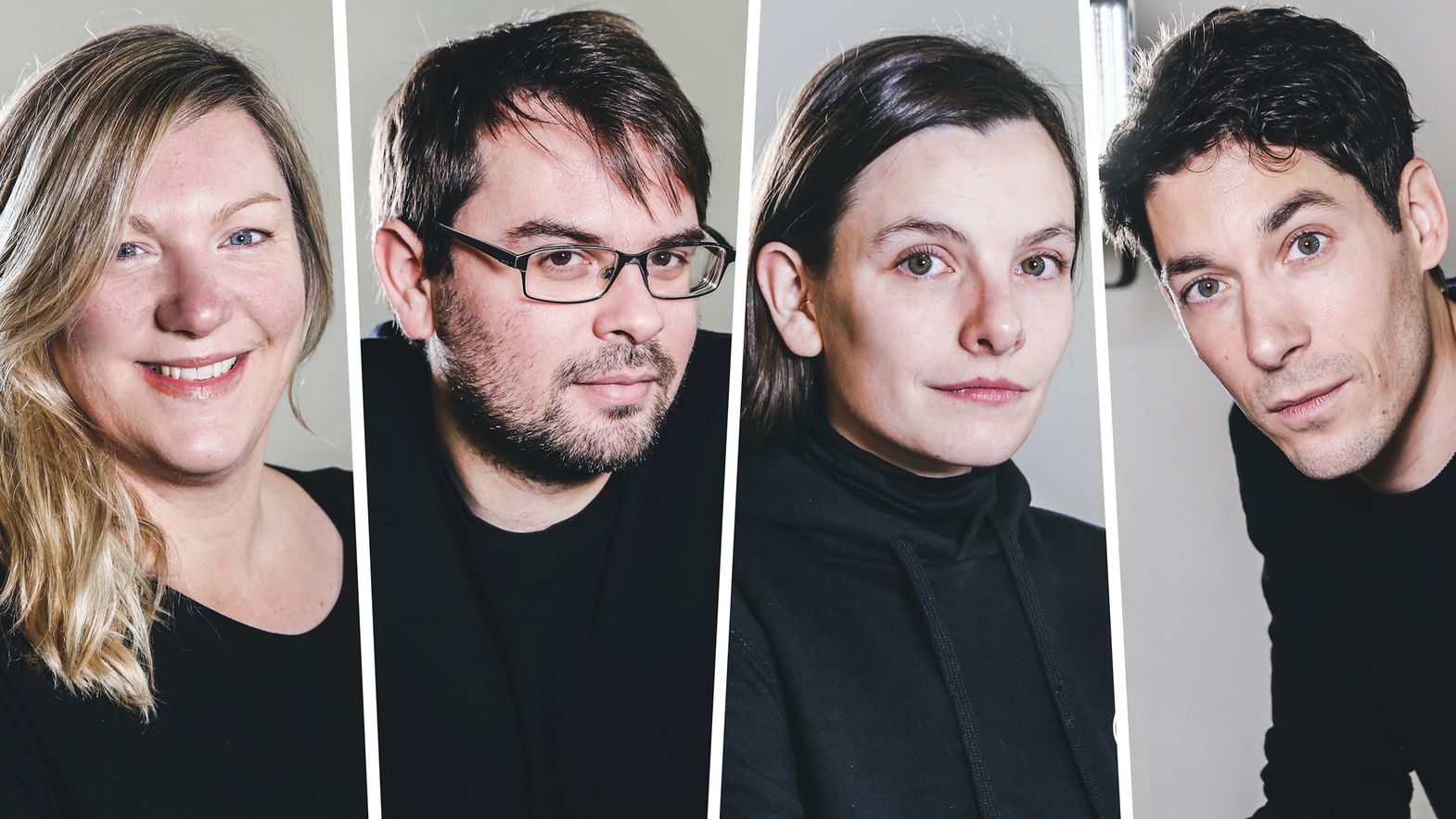Did the global pandemic affect the selection process in terms of quantity, countries of origin and film content?
As expected the pandemic had a slight impact on the number of submissions, especially those coming from film schools, student graduation films, as they were unfinished in time for the deadline. However, the selection process is always challenging as the level of filmmaking submitted is always very high, there are never as many slots in the programme as we would like. We ended up with the same number of films and programmes that we would have had in a normal year.
Regarding countries of origin, our selection reflects the large diversity of production countries that submitted films. In that sense, we don’t think the pandemic affected this, especially as we reach out to countries of lower production output to ensure we see a global representation of films being made.
On the content level, we were beginning to see some films that either focused on the virus or period of confinement. However as the submission deadline was fairly early on in the epidemic, we felt that the period of time was probably too short to develop a distanced and particular point of view on this global crisis. Perhaps in the following years, we’ll see more interesting propositions about the social, cultural or aesthetical changes shaped by this pandemic.
From your standpoint, are there new emerging trends in the panorama of young international and Swiss talents?
New trends in filmmaking come from a desire to link the personal with the political, the emotional and the artistic. Can we say that this is something new? Perhaps not, but it is certain that formally, filmmakers are trying out a variety of practices. In any case, it is certain that there are subjects that are urgent for filmmakers to deal with and to show on the screen.
As mentioned above, this year we have seen themes that focus on friendship, care, grief, society and modernisation, we see filmmakers more concerned with the environment and their heritage. There is an increased sense of genuine authenticity, with filmmakers focused on their own stories and experiences, utilising their own unique voices and style. We are also beginning to see more films from traditionally underrepresented voices, and are hoping that filmmaking opportunities and access to the international film festival stage will diversify more and more in the future.
The Pardi di domani are a starting point to the future and the future of cinema has never been so uncertain and unpredictable. How do you feel about this?
There will always be ideas and emotions to be expressed in order to react and reflect on our world and it’s evolution. Even though there are some important shifts in the cinema industry, the means and language of cinema - light, sound and movement - will not be threatened. On the contrary, more and more people and artists from different disciplines continue to utilise the power of film, technology has made the opportunity to create films more accessible to more voices.
The way we consume, watch and engage with film and filmmaking is changing and this pandemic has accelerated some trends that were beginning to create a threat (reducing the theatrical window, global online audience reach, loss of individual identity of festivals due to locality no longer being as relevant, environmental impacts of travel etc).
However, filmmakers at the beginning of their careers will continue to need the support of festivals to break through the saturation of content available online. The platform a festival provides creates a route to an audience that is challenging to find on your own. We are sure the Pardi di Domani will continue to be nourished by new voices and will be the Locarno Film Festival’s dedicated platform to support them. However, as with anything we need to learn from this experience, reflect on the impact and evolve with the times, its means and aspirations, on the technical but also artistic and curatorial level.
Interview by Locarno Daily
